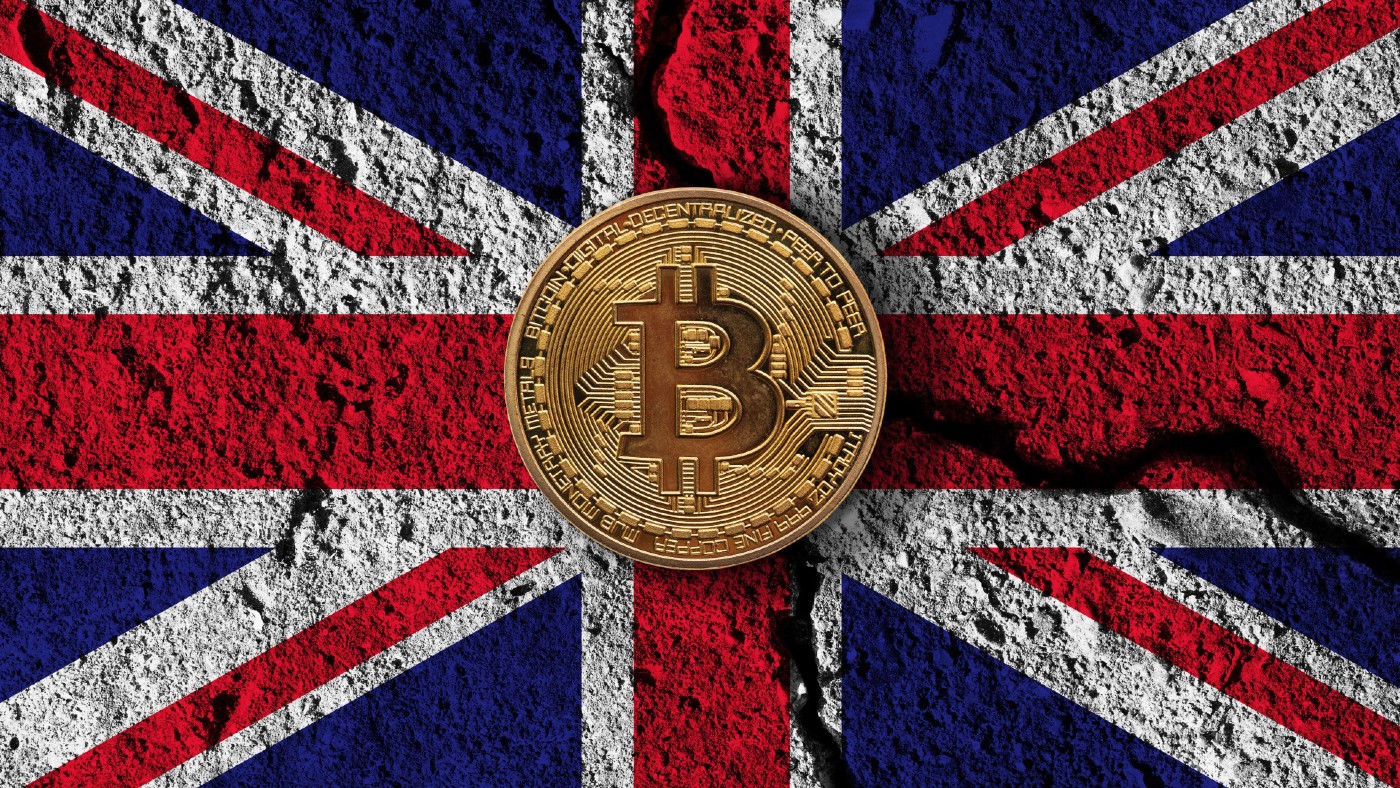Crypto-hub Britain: what the experts think
Problem habit, crypto conversion and rule Bit-tannia!

A free daily email with the biggest news stories of the day – and the best features from TheWeek.com
You are now subscribed
Your newsletter sign-up was successful
Problem habit?
Addiction experts report that “young men trading cryptocurrency have begun to seek help for symptoms associated with problem gambling,” said Patrick O’Donoghue in The Sunday Times (Ireland). Barry Grant of Extern Problem Gambling warns of a “classic” progression. “You dabble with it. You do something small, you’re having a bit of fun. Maybe you’re doing a bit of research about it. Then you have a big win.” Once hooked, the lack of safeguards means it may well be more difficult “to quit crypto than it is to kick a problem gambling habit”.
Crypto conversion
The findings aren’t great news for the Treasury, which has just laid out plans to make the UK “a global hub” for the crypto industry, following criticism that its “stringent approach was throttling innovation”, said the FT. The shift in tone is welcome, but care clearly needs to be taken. The new initiative coincided with a warning from BoE governor Andrew Bailey that cryptocurrencies were the new “frontline” in criminal scams. Much of what the Treasury is proposing is uncontroversial, said Charles Walmsley on Citywire. Plans include advancing the use of “stablecoins” (online currencies pegged to the traditional, fiat sort) in payments, and creating a regulatory “sandbox” to allow businesses “to experiment with cryptocurrency models”. But the most eye-catching plan – to create an NFT (non-fungible token) via The Royal Mint – was also the most controversial. While some compare these digital assets to works of art, others argue “they are very risky investments” with no “inherent value”.
Rule Bit-tannia!
“There’s nothing wrong with the Treasury taking an exploratory walk round the crypto block,” said Nils Pratley in The Guardian. Yet the Chancellor, Rishi Sunak, has “rather undermined” the seriousness of the project by dabbling in “faddish stunts” like NFTs. Better to “stick to boring technical assessments of payment systems”. It feels as though the Treasury is ignoring all that dull stuff about “illicit activity and carbon emissions” to embrace crypto as “the best thing ever”, agreed Jemima Kelly on FT Alphaville. “Rule Bit-tannia!” and all that. Or as the crypto bros like to say “WAGMI” – “we are all gonna make it”. What could possibly go wrong?
The Week
Escape your echo chamber. Get the facts behind the news, plus analysis from multiple perspectives.

Sign up for The Week's Free Newsletters
From our morning news briefing to a weekly Good News Newsletter, get the best of The Week delivered directly to your inbox.
From our morning news briefing to a weekly Good News Newsletter, get the best of The Week delivered directly to your inbox.
A free daily email with the biggest news stories of the day – and the best features from TheWeek.com
-
 The environmental cost of GLP-1s
The environmental cost of GLP-1sThe explainer Producing the drugs is a dirty process
-
 Greenland’s capital becomes ground zero for the country’s diplomatic straits
Greenland’s capital becomes ground zero for the country’s diplomatic straitsIN THE SPOTLIGHT A flurry of new consular activity in Nuuk shows how important Greenland has become to Europeans’ anxiety about American imperialism
-
 ‘This is something that happens all too often’
‘This is something that happens all too often’Instant Opinion Opinion, comment and editorials of the day
-
 Currencies: Why Trump wants a weak dollar
Currencies: Why Trump wants a weak dollarFeature The dollar has fallen 12% since Trump took office
-
 Elon Musk’s starry mega-merger
Elon Musk’s starry mega-mergerTalking Point SpaceX founder is promising investors a rocket trip to the future – and a sprawling conglomerate to boot
-
 TikTok: New owners, same risks
TikTok: New owners, same risksFeature What are Larry Ellison’s plans for TikTok US?
-
 Will SpaceX, OpenAI and Anthropic make 2026 the year of mega tech listings?
Will SpaceX, OpenAI and Anthropic make 2026 the year of mega tech listings?In Depth SpaceX float may come as soon as this year, and would be the largest IPO in history
-
 Leadership: A conspicuous silence from CEOs
Leadership: A conspicuous silence from CEOsFeature CEOs were more vocal during Trump’s first term
-
 Ryanair/SpaceX: could Musk really buy the airline?
Ryanair/SpaceX: could Musk really buy the airline?Talking Point Irish budget carrier has become embroiled in unlikely feud with the world’s wealthiest man
-
 Powell: The Fed’s last hope?
Powell: The Fed’s last hope?Feature Federal Reserve Chairman Jerome Powell fights back against President Trump's claims
-
 Taxes: It’s California vs. the billionaires
Taxes: It’s California vs. the billionairesFeature Larry Page and Peter Thiel may take their wealth elsewhere